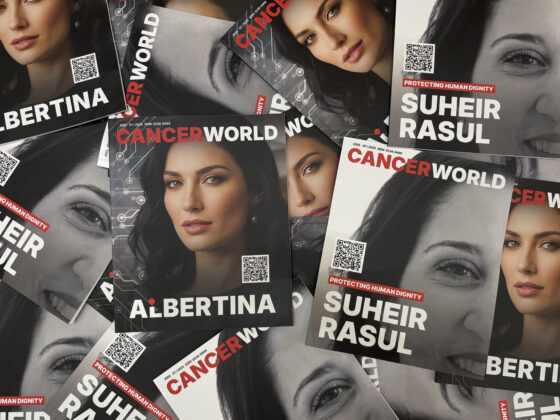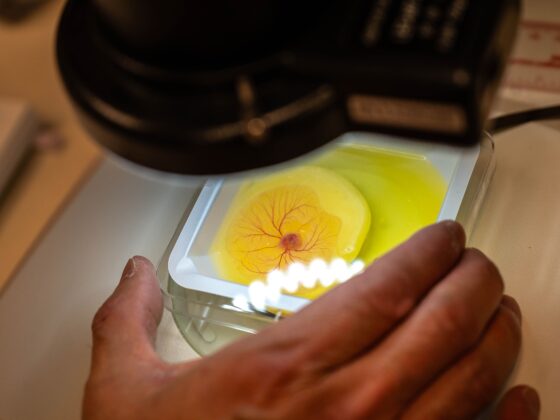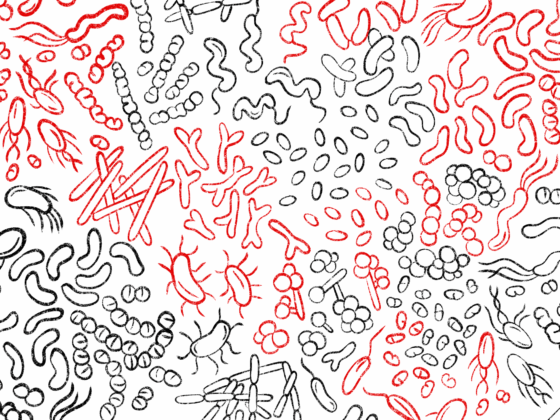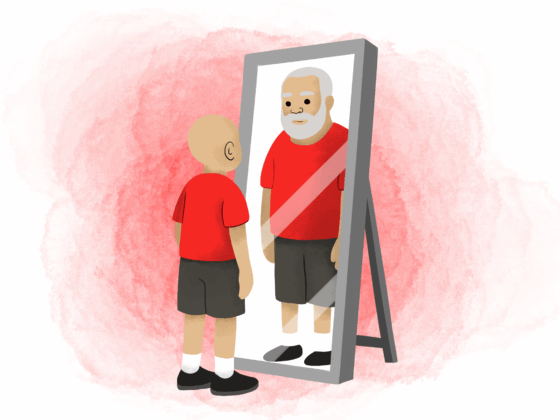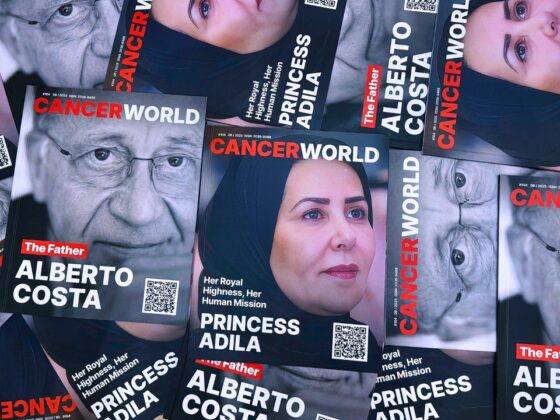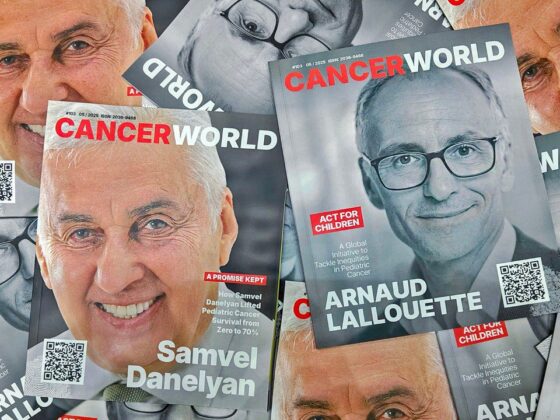Exposure to antibiotics prior to anti-PD-1 antibody treatment had no effect on melanoma outcomes. The French study, reported in the Journal of the National Cancer Institute (published March 7, 2022), found using antibiotics in a large cohort of advanced melanoma patients had no effect on overall survival (OS) or time-to-treatment discontinuation (TTD). “Physicians should not delay immunotherapy for patients who have recently received antibiotics,” conclude the authors, led by Alain Dupuy from University of Rennes, France.
Previously several observational studies have reported decreased response to immune checkpoint inhibitors (ICI) following antibiotics use. In keeping with this hypothesis, antibiotic treatment might reduce ICI efficacy through alterations in gut microbiota composition and diversity. However, relevant confounders could not be appropriately taken into consideration due to small sample sizes and heterogeneity. “For example, patients with certain comorbidities or locations of metastases could be more likely to receive antibiotics, and these data were absent or incomplete,” write Dupuy and his team.
In the current study, Dupuy and colleagues explored the impact of antibiotic exposure in a cohort of advanced melanoma patients receiving an anti-PD-1 antibody first-line between 2015 and 2017. Investigators used data prospectively collected in the French National Health Insurance database (SNDS, Systéme National des Données de Santé), containing information on all health-related expenditure, dates drugs were prescribed and diagnoses according to ICD-10 codes. The team compared OS and TTD according to antibiotic exposure in the three months prior to initiation of anti-PD-1 antibody. The team also evaluated a control cohort of patients with advanced melanoma receiving first-line targeted therapy, since there is no rationale for any decrease in efficacy of targeted therapy following antibiotic treatment.
To disentangle a causal effect of antibiotics from a confounding bias, the team balanced characteristics of patients exposed and not-exposed to antibiotics using an overlap weighting method based on a propensity score. The multivariate logistic regression analysis took into consideration covariates including age, sex, number and location of metastatic sites, previous surgery, and stereotactic or external beam radiotherapy. In addition, numerous comorbidities were explored including cardiovascular or cerebrovascular disorders, diabetes, history of another cancer, chronic respiratory, renal, liver or pancreatic disease etc.
Results showed altogether there were 2605 patients in the anti-PD-1 antibody cohort, of whom 749 (28.6%) received antibiotics in the three months prior to anti-PD-1 initiation. In the targeted therapy cohort there were 1527 patients, of whom 460 (30.1%) received antibiotics in the three months prior to anti-PD-1 initiation.
In the anti-PD-1 antibody cohort, 956 (36.7%) of patients had died and 1602 (61.5%) had discontinued their first treatment line by 31 December 2017. Antibiotic exposure was not associated with shorter OS (wHR=1.01) or TTD (wHR=1.00).
In the targeted therapy cohort, 701 (45.9%) patients had died and 1074 (70.3%) had discontinued their first treatment line by 31 December, 2017. Antibiotic exposure was not associated with OS (wHR=1.08) or TTD (wHR=1.04).
Consistent results were observed when the timeframe for antibiotic exposure was reduced to one month prior to anti-PD-1 initiation, or when exposure was limited to antibiotics causing more profound gut dysbiosis.
“Unlike previous findings, we show that antibiotic treatment before anti-PD-1 antibody initiation is not associated with decreased efficacy of anti-PD-1 antibody among metastatic melanoma patients,” write the authors. “While some may consider that the jury is still out, we argue that strong and reasonable doubt exists for confounding by indication as the culprit accounting for a so-called antibiotic-induced detrimental effect on ICI efficacy.”
Avoiding delaying immunotherapy, they add, represents a widely-shared attitude in metastatic settings that should also be adopted when administering ICI in adjuvant settings.






